Our Whole Family Approach is designed to build on existing strengths in each family and provide avenues for them to overcome challenges together. Research supports the model, formerly called “2Gen” that gives agencies building blocks to serve children and their parents/caregivers with integrated and holistic services in the following areas:
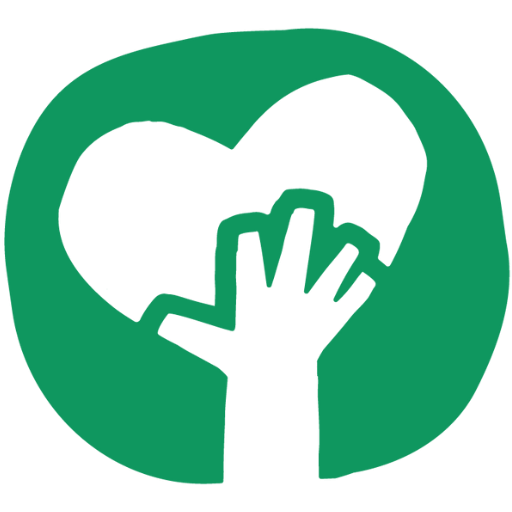
The early years of a child’s life are crucial for their development. Quality childcare and early childhood education programs, like Early Head Start and Head Start, establish the foundation for lifelong learning and success. Child care is critical to a parent’s ability to work, and using an ECE model means building activities and curriculum built on evidence-based frameworks that set individualized child development and family engagement goals. Head Start also funds services in the following areas.
Social capital or social cohesion, is key to a family’s well-being. Connecting families to supportive systems or cohorts such as church, school, and parent education programs that build deeper and resilient relationships that become a long term asset for families. Research demonstrates that being part of a community group of some kind is correlated with longer life and overall well being. These networks can also connect them to valuable resources such as job opportunities, community resources, and mentorship. By fostering these connections, families can develop stronger support systems, enhance their resilience, and gain access to new opportunities that improve their overall quality of life.
Sonoma CAN joins Community Action Agencies across the country in embracing and implementing the Whole Family Approach, reflecting the commitment of the network to disrupt poverty and build brighter futures together.
Health and wellness is a foundational need to excel in every other part of our lives. The portrait of Sonoma has laid out the health disparities present in Sonoma County by race and location. Health is a multi-faceted system that includes physical, mental, and dental wellbeing, as well as preventive health and a recognition of social determinants of health that individuals can not control. These health factors relate to every other part of life, including housing, financial, and relationship stability. Access to food, income, and insurance are core components of health and fundamental to building health equity in a community.
When families achieve economic stability, they can focus on long-term well-being rather than constantly managing financial stress. This stability allows for better access to education, healthcare, and opportunities for growth and asset development. Programs that support economic stability often provide concrete supports to meet basic needs and build capacity, such as resource navigation, financial assistance, food and housing access, and training and coaching in financial capability. Services. Community Health Workers (CHWs) or Promotoras are bilingual and bicultural community members who provide these services to families from a relational and strengths based perspective.
Education is a lifelong journey that unlocks personal growth, career advancement, and economic empowerment. While individuals have a consistent drive to be independent and self-sufficient, we are intrinsically interdependent, and supporting each other as a community is what makes us strong. When basic needs are met and children have access to high quality education and safe activities parents have more capacity to seek further education or improved employment opportunities. Workforce development programs provide training and coaching for upskilling to higher paid employment opportunities. Or family coaches may support the enrollment of a caregiver into a college class or training program. Whole family agencies provide these services during the hours that children are in classrooms, or provide childcare, transportation assistance, and meals during evening trainings. Making programs accessible and supportive is what makes them successful.
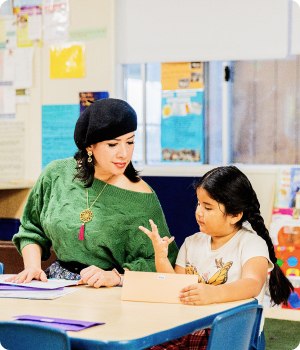
We see Sonoma County transformed into an empowered community of thriving families where every child is raised with joy, justice, and connection.
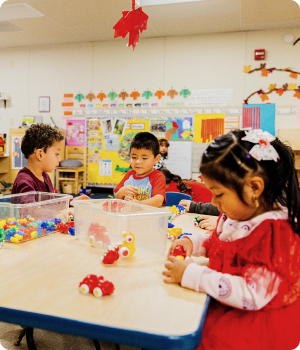
We are a catalyst of equitable transformation, aligning partners and resources to implement values-based, data-driven, community-led solutions that help families reach their full potential.
(Santa Rosa, CA, July 2025) — Sonoma CAN announces that Cynthia King, who has served as CEO since 2023, will be leaving the organization on August 1. Cynthia has been appointed Executive Director of the Humane Society of Sonoma County (HSSC), where she will begin her new role on August 4.
“Cynthia’s leadership over the past two and a half years has helped guide Sonoma CAN through both transformation and turbulence,” said Carolyn Spencer, Board President of Sonoma CAN. “She has brought an unwavering commitment to equity, strategic innovation, and resilience—qualities that have made a lasting impact on our staff, programs, and the families we serve.”
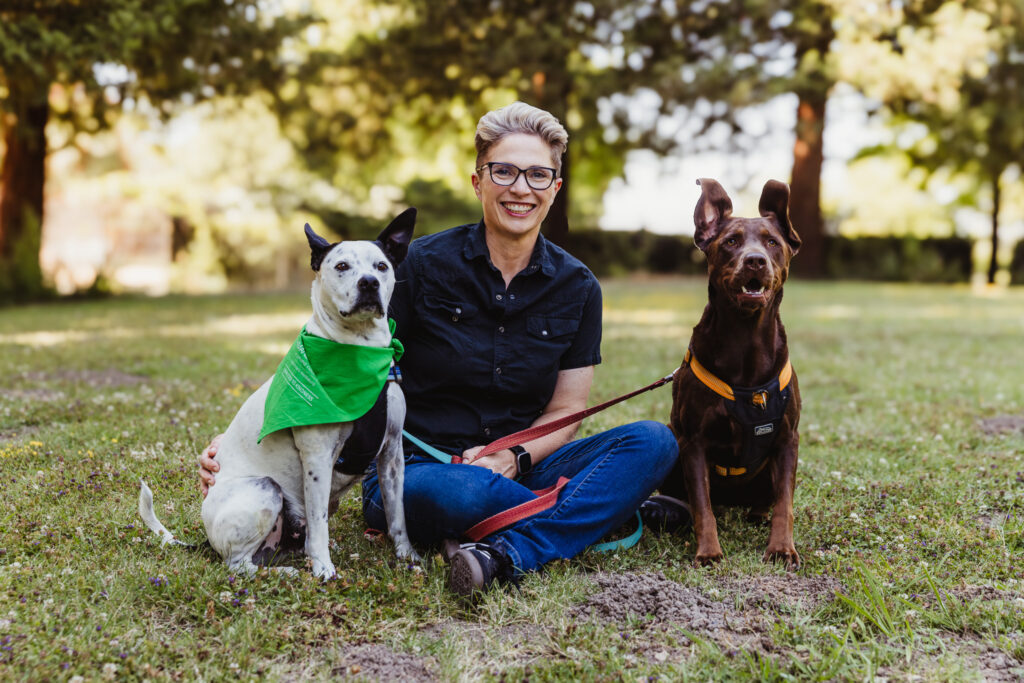
Cynthia’s departure comes as Sonoma CAN reaches a moment of relative stability after navigating a series of federal policy shifts and funding uncertainties. Under her leadership, the agency strengthened internal cohesion, responded to emerging community needs, and deepened its impact across early education, family support, and economic mobility programs.
“It is with great sadness that I share that my time at Sonoma CAN is coming to an end,” said Cynthia. “Working here has been the highlight of my career. I am incredibly proud of what we’ve accomplished together, and I leave with deep appreciation for the team’s courage, compassion, and vision. While I hadn’t planned to leave so soon, recent external pressures required me to make a difficult decision. I am confident in the strength and integrity of this agency, and I will be working closely with our board and interim leadership to ensure a smooth transition.”
The Sonoma CAN Board of Directors has appointed longtime staff member Kathy Kane as Interim CEO. Kathy brings nearly 15 years of experience with the organization and is widely respected for her grounded, thoughtful leadership and deep knowledge of Sonoma CAN’s programs and community partnerships.
As Cynthia prepares for her new role at HSSC, that agency’s Board President Lisa Barnes shared her enthusiasm:
“Cynthia has been a pillar of the non-profit community in Sonoma County for more than a decade. Her compassionate leadership, strategic vision, and community-led solutions – combined with a lifelong passion for animals – make her the ideal choice to lead HSSC into the future. We are excited and proud to welcome Cynthia to our team, and to take our ability to support the animals and people of our community to new heights.”
Cynthia’s background includes over 20 years in public health, social work, and nonprofit leadership, including roles in disaster response, food access, financial stability, and community health. Her transition to HSSC reflects a continued commitment to equity, systems change, and improving the lives of underserved populations—human and animal alike.
Sonoma CAN remains steadfast in its mission to strengthen families, uplift early education, and build thriving communities in Sonoma County. The organization thanks Cynthia for her exceptional service and wishes her the very best in her next chapter.
SONOMA CAN’S MISSION:
Sonoma Community Action Network is a catalyst of equitable transformation, aligning partners and resources to implement values-based, data-driven, community-led solutions that help families reach their full potential.
SONOMA CAN’S VISION:
We see our Sonoma County transformed into an empowered community of thriving families where every child is raised with joy, justice, and connection.
COMMUNITY ACTION PROMISE:
Community Action changes people’s lives, embodies the spirit of hope, improves communities, and makes America a better place to live. We care about the entire community and we are dedicated to helping people help themselves and each other.
###
Contact
Genesis Vondergeest, Communications and Content Manager
Email: gvondergeest@sonomacan.org
This website is supported by Grant Number 25F-6046 from the Office of Community Services within the Administration for Children and Families, a division of the U.S. Department of Health and Human Services. Neither the Administration for Children and Families nor any of its components operate, control, are responsible for, or necessarily endorse this website (including, without limitation, its content, technical infrastructure, and policies, and any services or tools provided). The opinions, findings, conclusions, and recommendations expressed are those of the author(s) and do not necessarily reflect the views of the Administration for Children and Families and the Office of Community Services.
This website is supported by Grant Number 09CH011425 – 09CH011425 from the Office of Head Start within the Administration for Children and Families, a division of the U.S. Department of Health and Human Services. Neither the Administration for Children and Families nor any of its components operate, control, are responsible for, or necessarily endorse this website (including, without limitation, its content, technical infrastructure, and policies, and any services or tools provided). The opinions, findings, conclusions, and recommendations expressed are those of the author(s) and do not necessarily reflect the views of the Administration for Children and Families and the Office of Head Start.
This website is supported by Grant Number 90CA1882 from the Children’s Bureau within the Administration for Children and Families, a division of the U.S. Department of Health and Human Services. Neither the Administration for Children and Families nor any of its components operate, control, are responsible for, or necessarily endorse this website (including, without limitation, its content, technical infrastructure, and policies, and any services or tools provided). The opinions, findings, conclusions, and recommendations expressed are those of the author(s) and do not necessarily reflect the views of the Administration for Children and Families and the Children’s Bureau.
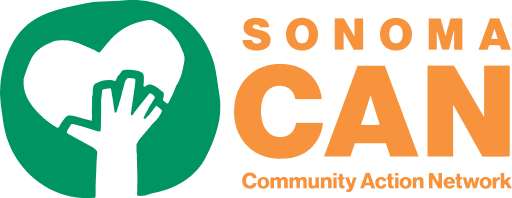
2250 Northpoint Pkwy
Santa Rosa, CA 95407
Helping families and individuals achieve economic and social stability, build community, and advocate for social and economic justice since 1967